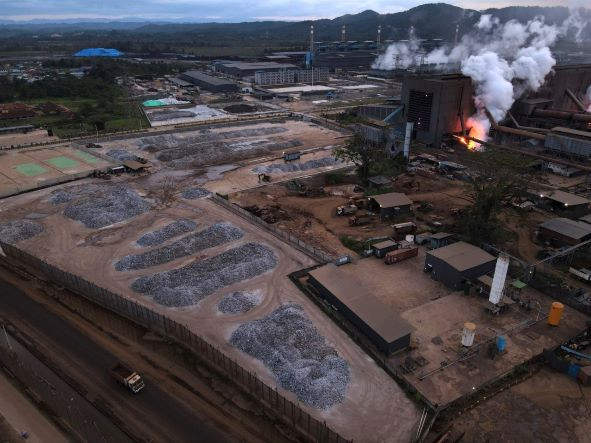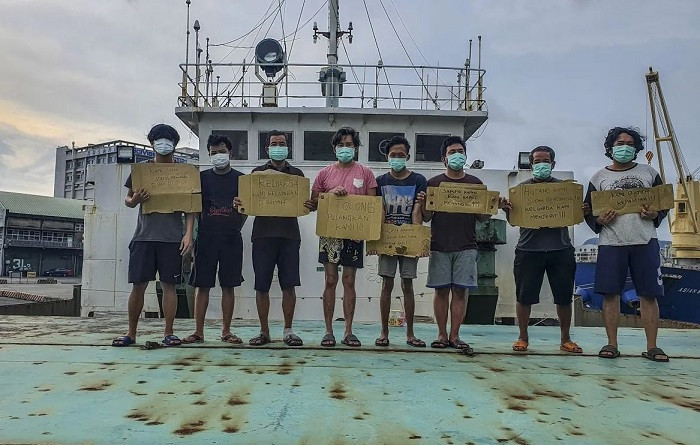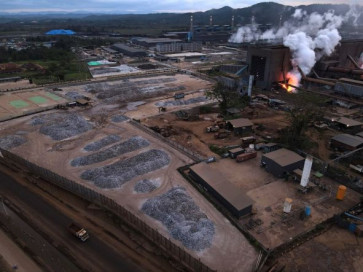Popular Reads
Top Results
Can't find what you're looking for?
View all search resultsPopular Reads
Top Results
Can't find what you're looking for?
View all search resultsWill Indonesia’s appeal of WTO nickel dispute fall into a void?
While the WTO's Appellate Body is paralyzed, an alternative pathway is still open to its members to settle their trade disagreements.
Change text size
Gift Premium Articles
to Anyone
P
resident Joko “Jokowi” Widodo signaled in September that Indonesia might lose the World Trade Organization (WTO) dispute against the European Union over its raw nickel export ban, reported Reuters, but the President also underlined that the ban served Indonesia’s economy well and would be extended to other raw materials regardless of the WTO’s decision.
Around two months later on Nov. 30, the WTO finally published on its website the report from its dispute its panel, which found that Indonesia’s export ban on nickel and domestic processing requirements (DPR) were inconsistent with Article XI:1 of the General Agreement on Tariff and Trade (GATT). This article prohibits WTO members from introducing or maintaining any prohibitions or restrictions on exports and imports aside from duties, taxes and other levies.
To justify its move inconsistent with Article XI:1, Indonesia had invoked the “carve-out” provision in GATT Article XI:2(a) and the “general exceptions” provision in GATT Article XX(d). However, the panel also found that Indonesia had failed to demonstrate that its measures were applied temporarily to prevent or relieve critical shortages of essential products to Indonesia as stipulated in Article XI:2(a), or to secure the necessary compliance with laws or regulations as stated in Article XX(d).
Indonesia plans to appeal the panel’s unfavorable ruling in the nickel dispute. It indeed has the right to do so, especially if Indonesia deems the panel’s assessments to be legally unsound.
But this raises the question as to where it can lodge its appeal. The WTO’s Appellate Body has been inactive since December 2019, when its membership fell below the requisite three.
Indonesia is also not a party to the Multi-Party Interim Appeal Arbitration Arrangement (MPIA), an alternative scheme for resolving WTO disputes that some member countries established to preserve a two-tier adjudication process in the absence of a functioning Appellate Body.
WTO members can resort to the MPIA on the basis of Article 25 of the Dispute Settlement Understanding (DSU), a set of rules and procedures for settling disputes at the WTO.



















